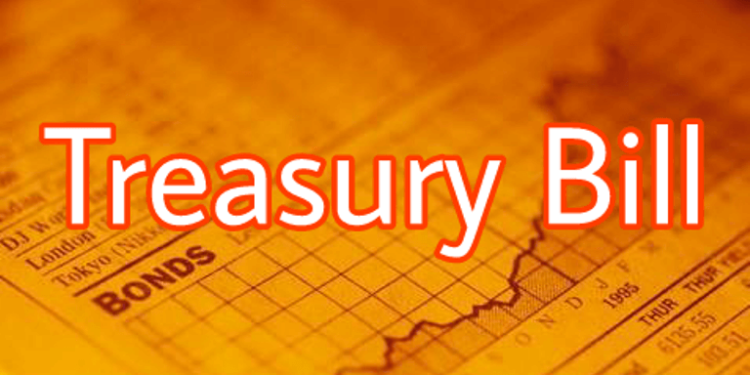Gov’t Misses T-Bill Target for Fifth Straight Week as Investors Favour Higher-Yielding BoG Instruments
The Government of Ghana has once again fallen short of its Treasury bill (T-bill) auction target, marking the fifth consecutive undersubscription amid tightening liquidity conditions and rising investor preference for alternative short-term instruments offered by the Bank of Ghana (BoG).
According to auction results published by the central bank, the government mobilised GHS 3.83 billion, significantly below the GHS 5.67 billion target for the week. The shortfall of approximately GHS 1.84 billion continues a trend that analysts say underscores the shifting dynamics in the money market.
Market observers attribute the persistent undersubscription to strong investor demand for the BoG’s 56-day bills, which currently offer yields of about 21 percent, well above returns on conventional government securities. The comparatively attractive yield environment, analysts note, has redirected liquidity away from Treasury instruments despite recent upward adjustments in T-bill rates.
Yields on government short-term securities rose marginally at the latest auction. The 91-day bill cleared at 11.02 percent (up from 10.92%), the 182-day settled at 12.66 percent (from 12.61%), while the 364-day increased to 13.08 percent (from 13.01%). However, the incremental rise remains insufficient to compete with the Bank of Ghana’s aggressively priced instruments, deepening the government’s challenges in short-term borrowing.
The Government is seeking to raise GHS 6.41 billion in the next auction across the three tenors—91, 182 and 364 days. Market participants will be monitoring whether investor interest shifts back toward Treasury securities or if the ongoing preference for BoG bills extends further this November and into December, potentially complicating the government’s cash flow and fiscal operations.
The recurring auction shortfalls, analysts warn, highlight broader concerns regarding the government’s debt management strategy as funding costs rise and competing instruments reshape investor behaviour in the domestic fixed-income market.









